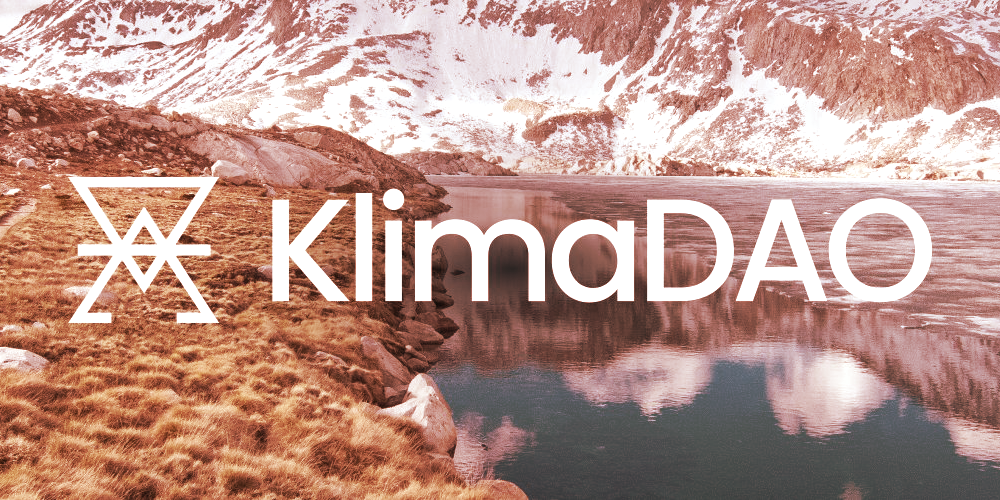The KlimaDAO announced Friday that it is collaborating with politicians to provide a legal framework for DAOs in the Lummis-Gillibrand Responsible Financial Innovation Act.
KlimaDAO’s legal team told Decrypt that the DAO has had multiple conversations with staff members from the offices of Sens. Cynthia Lummis and Kirstin Gillibrand since May.
The legislation was introduced to the Senate in June, and published on Github to gather comments from the technical community. The bill aims to bring clarity to the crypto industry, outlining how digital assets should be taxed and how they should be regulated by different government agencies.
It also includes definitions for what virtual currencies are, as well as for other terms that haven’t yet been established by lawmakers, including DAOs.
Also referred to as a decentralized autonomous organization, a DAO is a blockchain-based management structure in which members make decisions by voting with governance tokens, instead of relying on a corporate hierarchy to determine how funds are allocated.
KlimaDAO hopes the legislation will help legitimize its work in offering carbon-backed tokens that can be used to offset emissions. In a blog post, KlimaDAO wrote, “We are honored to have the chance to work with Senators Gillibrand, Lummis, and their staff, in helping to shape such an important project.”
Sam Emmes, a member of KlimaDAO’s strategic partnerships team, told Decrypt that the organization has taken on the help of lobbying firm Tusk Strategies in providing its opinions to lawmakers.
The firm, owned by prominent political strategist and venture capitalist Bradley Tusk, has “represented and invested in companies at the vanguard of digital currency” for years, according to its website.
Tusk Strategies was chosen in part because of its past work with OlympusDAO, KlimaDAO told Decrypt.
Under the framework, DAOs would be classified as business entities, adding on to the Internal Revenue Code of 1986. The proposed legislation would extend the classification to DAOs effective 2023.
The addition defines DAOs as organizations that use smart contracts, computer protocols which function automatically, “to effectuate collective action for a business, commercial, charitable, or similar entity,” according to KlimaDAO’s blog post.
The new definition also states DAOs function under a structure of governance that is achieved “primarily on a distributed basis,” meaning that members of a DAO make decisions by interacting with a protocol’s public ledger.
The definition also clarifies what actions undertaken by a DAO would not count as a form of business activity and be tax exempt, which includes raising funds for charitable purposes and the staking and mining of digital assets.
In June, Polygon, the Ethereum scaling platform, announced it had achieved carbon neutrality by retiring $400,000 worth of carbon credits using KlimaDAO. The company claimed the move offset 104,794 tonnes of greenhouse gasses, representing the network’s carbon footprint since it started operating.
Stay on top of crypto news, get daily updates in your inbox.

